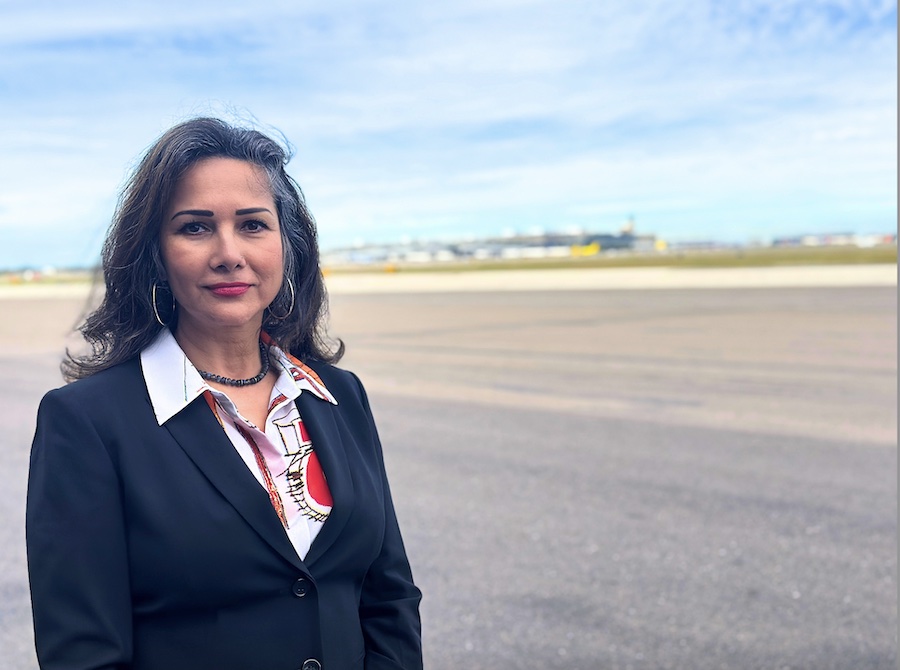
Born in Pakistan, Chaudhry’s first flight came at age 2, he says, when his family moved to Leeds, England. His interest in aviation grew both from his own travel experiences and from watching shows like Star Trek. After buying a Barbie toy airplane as a child, she became excited about the possibilities of aviation, but was disappointed that Barbie was not the pilot. He financed his education at the University of South Carolina by working full-time in the engineering division of the South Carolina Department of Transportation.
After graduating with a BA in Political Science and Government, Chaudhry He worked for a real estate law firm and a solid waste consulting firm. A few years later, he obtained a master’s degree in Health Administration. In 2009, he founded American Infrastructure Development, initially as a general transportation consultant before deciding to focus on aviation. Through cooperation with local municipalities and local leaders in the aviation industry, such as Tampa International Airport, the company has become a major player in the industry, with customers at more than 70 airports of the USA. He is also a licensed pilot.
Chaudhry spoke with ENR Transportation Editor Aileen Cho. The interview has been edited and condensed.
ENR: How did you get into this industry?Chaudhry: I worked in the public sector for a while with him [South Carolina] transport department, in engineering. From there I dedicated myself to real estate, legal and environmental consultancy; landfill and solid waste disposal; and healthcare It was kind of all over the place. All of these industries prepared me for the role I have today. My company started as a project management company. From there, we did real estate and law, mixed with aviation.
I have always loved aviation. [Our family] boarded planes to England and Canada from Asia. They baffled me and I loved airplanes. When the opportunity came to work in transport, I could have stayed with roads and bridges, but I decided on aviation – there was a lot of work. In 2009, people were losing their jobs; I had a lot of people looking for work. I grew the company from engineering to planning as customer needs grew, [and] I was able to develop relationships with people and add more services. The most recent is architecture.
What kind of projects are you working on?
We have countless projects with private and public clients. We have done track rehabilitation projects. Now with architectural experience we can do work for airports, fixed base operators, terminal additions. We work primarily at general aviation airports. We are a boutique aviation company.
What was your experience like as a woman of color starting out?
There are many women and people of color in the industry. Aviation is very inclusive. When I started, it was and still is competitive. All industries have their challenges. My biggest was not as a woman, but as a new entrant. I have minority and gender credentials, but I think it’s all about relationships.
Outreach opportunities, getting to know the first, that’s helpful. There are a lot of new entrants, so it’s very difficult. You just take it, smile and do a stellar job no matter what. Most of our clients come from referrals and reputation.
What trends are you seeing and what does the future hold for the company? sustainability One of our flagship projects is the recovery of the complete cover: asphalt grinding, installation of a new track. This saved the owner about $300,000. With the addition of architecture, we can now do civil and vertical works. We can also do the planning, concept to design and engineering. We also do inspections. we are working [Small Business Administration] certification and doing a design for MacDill Air Force Base. We want to do more military work.
We have done millions of square meters of pavement design over the past 15 years. By the end of 2024, we will be almost $100 million in revenue, not because of me, but because of a stellar team, with long-term members.

